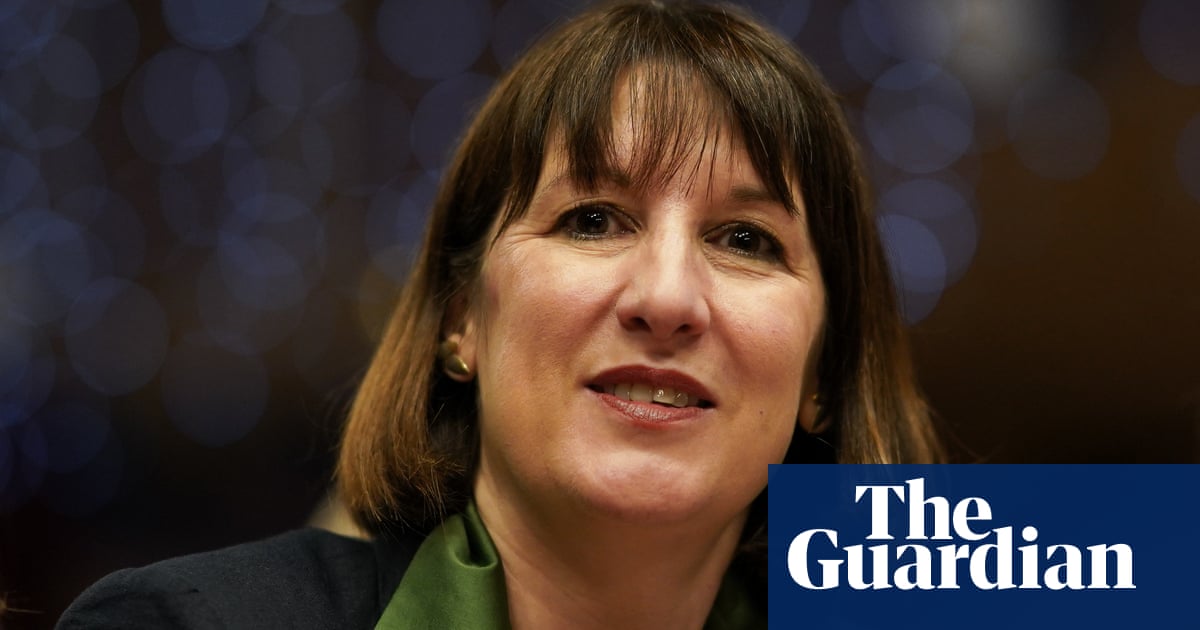
Labour has called on ministers to publish the suppressed conclusions of a cross-government pandemic drill that took place in 2016, which accurately predicted that the NHS would be plunged into crisis by an infectious and deadly disease.
Codenamed Exercise Cygnus, the wide-ranging exercise took place in October 2016, but its conclusions have never been made public, even though it highlighted shortages of intensive care beds, vital equipment and even mortuary space.
Jon Ashworth, Labour’s health spokesman, accused ministers of not properly preparing the NHS for the coronavirus crisis, despite the exercise three years ago.
“There are serious questions for ministers on what lessons were learnt from the Cygnus pandemic drill, which can only be answered by publishing its conclusions and the actions taken as a result,” Ashworth said.
The Labour frontbencher added: “We went into this crisis without enough staff or beds. We have long warned about critical care bed capacity and pressures on the NHS after years of financial squeeze.”
There are only a handful of references to Cygnus in public documents, although in December of that year Dame Sally Davies, England’s then chief medical officer, said it suggested that the health service would struggle to cope.
“We’ve just had in the UK a three-day exercise on flu on a pandemic that killed a lot of people. It became clear that we could not cope with the excess bodies, for instance. It becomes very worrying about the deaths, and what that will do to society as you start to get all those deaths, [including] the economic impact,” Davies said at the time.
Ministers have been accused of being slow to appreciate the threat from coronavirus, although at the time of the exercise, pandemic flu had been recognised by government to be the most serious emergency threat likely to face the UK.
Although reports first surfaced that a new infectious disease had emerged in Wuhan, China, at the turn of the year, it was not until the deadly strain had spread to northern Italy in mid-March that crisis measures began to be implemented in the UK.
In the days that followed, Matt Hancock, the health secretary, issued an appeal for the private sector to build more ventilators, while attempts were made to increase the UK’s testing capability. A lockdown, under which all non-essential workers were urged to stay at home, was announced by Boris Johnson on 24 March.
Cygnus was set seven weeks into a severe pandemic outbreak and was designed to test the NHS’s response when its service was being overwhelmed and staff numbers were being depleted because they too were falling ill.
A report at the weekend in the Sunday Telegraph said that Cygnus identified that the NHS would need thousands more intensive care beds in a pandemic crisis, that doctors would have to start triaging patients, only helping those with better chance of survival, and that there would be a shortage of masks and other protective equipment available to frontline staff.
A board paper for NHS England appeared to acknowledge that the exercise had revealed critical shortcomings, concluding: “Plans are currently being revised to incorporate the learning from this exercise and ensure our continued preparedness for future pandemic influenza outbreaks.”
Phillip Lee, a former Conservative MP who subsequently defected to the LibDems, said earlier this week that he had participated in the 2016 exercise when he was a junior minister at the Ministry of Justice. “Ministers had to decide what to do as the overwhelming scale of the pandemic became apparent,” he wrote.
But the former MP – who trained as a doctor – said he believed the opportunity to prepare properly for a pandemic had been missed. “Serious questions need to be asked of the ministers and civil servants responsible for acting on the findings of that 2016 exercise. Who was in charge of getting us ready for a pandemic (something we knew was a top risk), and what went wrong?”
The Department of Health said it had learned lessons from Exercise Cygnus, but would not agree to publishing the document or say what the lessons were. “As the public would expect, we regularly test our pandemic plans, and what we learned from previous exercises has helped us to rapidly respond to Covid-19,” a spokesman said.











